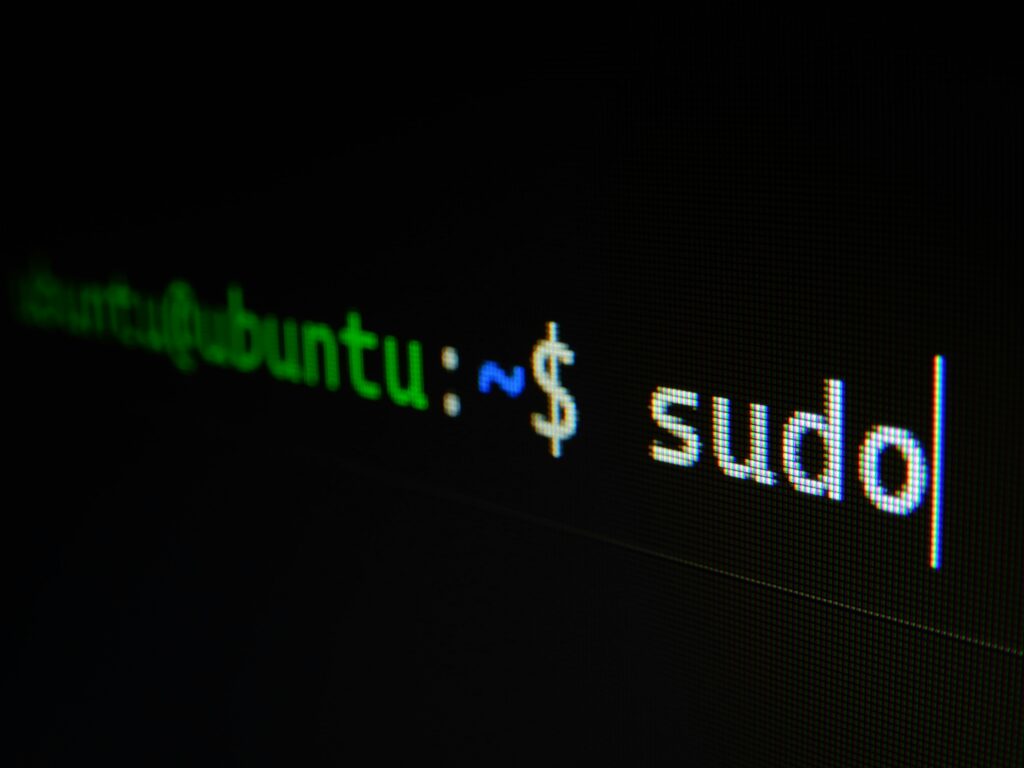For years now, marketing team’s have played the SEO game with constantly changing rules and varied results for their efforts. Readers were forced to contend with formulaic writing and articles riddled with keyword spam. And after all that effort, small changes in Google’s algorithms often equated to sudden plummets in Google rankings, banishing carefully optimized content to the dark corners of the web, never to be clicked again.
But recently a couple of things have happened that could change all this forever. Firstly, Google have got their new RankBrain good and spooled up, which means emphasis will move from rewarding keywords to more intelligent natural language processing. And secondly, companies are employing AI and machine learning to fight back against SEO, updating their website settings and learning from Google’s learning.
So, we have three questions to answer:
What will happen to content?
Google’s hunt for more intelligent search, Google has moved toward more natural language processing, which means us searchers might find it easier to move away from search terms and instead start asking Google full questions.
This may mean the death of SEO as we know it. If Google can figure out intention behind our search queries (which shouldn’t be too hard, since it implicitly knows we are looking for something) then it will probably find that analyzing full sentences is more useful than keywords. So content could become less constrained by SEO and less angled towards it, leaving Google smart enough to figure out the rest.
Not only that but ultimately Google will make its decision based on whether we find a link useful, which it measures by things like whether we rerun the search, click back from a link to continue searching, click through to the second page, etc. Encouraging content creators to focus once again on making useful, well-written, interesting articles, and not worrying about SEO.
What will happen to marketing teams?
There will be plenty of work still ahead for marketing teams, as they will have to create all the lovely content people search for. There will also be positions for those who can tweak already existing content to work with Google’s presumably continuing stream of changes.
But there will probably be a lot less time spent in Google analytics and using other SEO tools. Time will be spent configuring AI engines, like RankSense, to make sure as much understanding as possible is being derived and put to use.
Furthermore, every time Google does make a change AI platforms will be capable of going back through existing content and tweaking the settings to optimize content for whatever rule Google has just introduced. In fact, the machines should be able to start collecting data on changes before its human overlords even find out about it.
Will two sets of robots fighting it out against each other to understand human language cause a black hole or a supernova or an explosion of the Higgs-Boson?
Seriously! OK, not seriously. But it’ll be interesting to see how Google’s RankBrain figures stuff out. Google themselves had been wary of using machine learning precisely because it creates a black box. Developers become unable to understand how the computer is doing what it’s doing, they simply know that it does or doesn’t meet its objectives.
As the most visited content on the web is from big companies and big companies can afford SEO teams, big companies can also afford new AI products to learn from and keep up with Googles AI tools. It will be search engine learning by AI from content which is posted by AI according to search engine AI’s behavior which in turns learns from the content AI’s posts which are optimised for the search engine AI’s behavior and… and… with what shall I fix it dear liza, dear liza…
Be fun to watch though, right?












